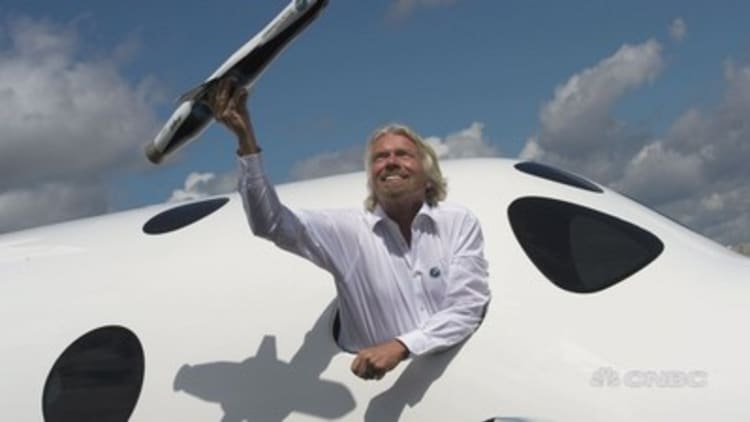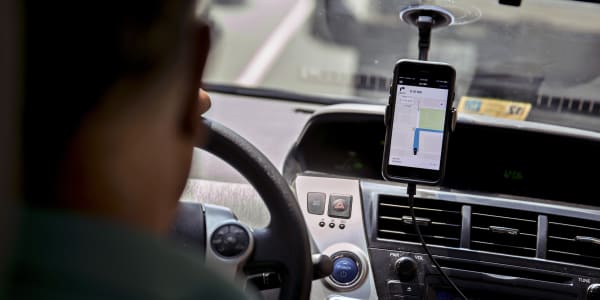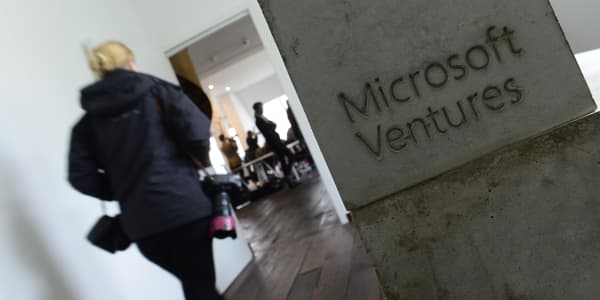




It's not just science fiction. Humans really could colonize Mars. But before that happens, Elon Musk's SpaceX, Richard Branson's Virgin Galactic and other firms will have to take baby steps through the atmosphere.
SpaceX and aerospace and defense firm Orbital ATK have already taken over "lower-orbit" commercial ventures, sending goods and experiments to the International Space Station as contractors for NASA.
Transporting people to the International Space Station using commercial spacecraft is a next step, and it's expected to happen in 2017, a NASA official said in a phone interview.
"Going forward, one of the most exciting future activities is human spaceflight," said William Ostrove, aerospace and defense analyst for Forecast International.
He said Boeing and SpaceX are the most likely to succeed in that field thanks to contracts they have with NASA to bring crew members to the space station.
While those plans are awaiting congressional budget approval, which NASA hopes to receive by January, Boeing is assembling its CST-100 spacecraft at Kennedy Space Center. SpaceX has already conducted unmanned testing of its Crew Dragon spacecraft, which it expects will carry astronauts into orbit. SpaceX uses that craft to carry cargo into space.
And NASA says it has already chosen four astronauts who will be the first to train for commercial space flights.
Then there's space tourism, a segment of space travel occupied by Branson's Virgin Galactic, which hopes to turn civilians into space travelers at $250,000 a pop.
According to Ostrove, lesser-known companies XCOR Aerospace and Blue Origin are also working on space planes to take paying customers into what's known as suborbital space, the area that exists just above Earth's atmosphere, but below lower orbit, which is where the International Space Station circles the globe.
But while hundreds of customers have signed up for space flight, none has seen liftoff, according to Ostrove.
"Companies still need a large amount of capital to succeed. And they will need to improve safety if they are going to start to regularly carry paying passengers into orbit," Ostrove said in an email.
Last October, Virgin Galactic's SpaceShipTwo crashed during a test flight, killing a test pilot.
"I think our biggest investment is trying to move Virgin into space travel with Virgin Galactic. Putting people into space, putting satellites into space. Maybe one day doing point-to-point air travel via space, maybe one day getting to Mars, maybe even trying to colonize Mars," Branson said in an interview with CNBC.
"It's not been without its upsets. You know, we feel that we'll get there in the end," Branson said.
Internally, NASA has been shifting from lower-orbit space endeavors and toward the development of next-generation spacecraft that can travel to Mars, a NASA spokesman said in a phone interview.
NASA has said it expects to be able to send humans to Mars by 2030, and Branson and Musk have their eyes on a piece of that pie in the sky.
But getting to Mars is one thing. Sustaining life there is an entirely different challenge.
"People need air, water, food and shelter. It would be extremely expensive to transport all of that to Mars, and even more difficult to develop it there," Ostrove said.







